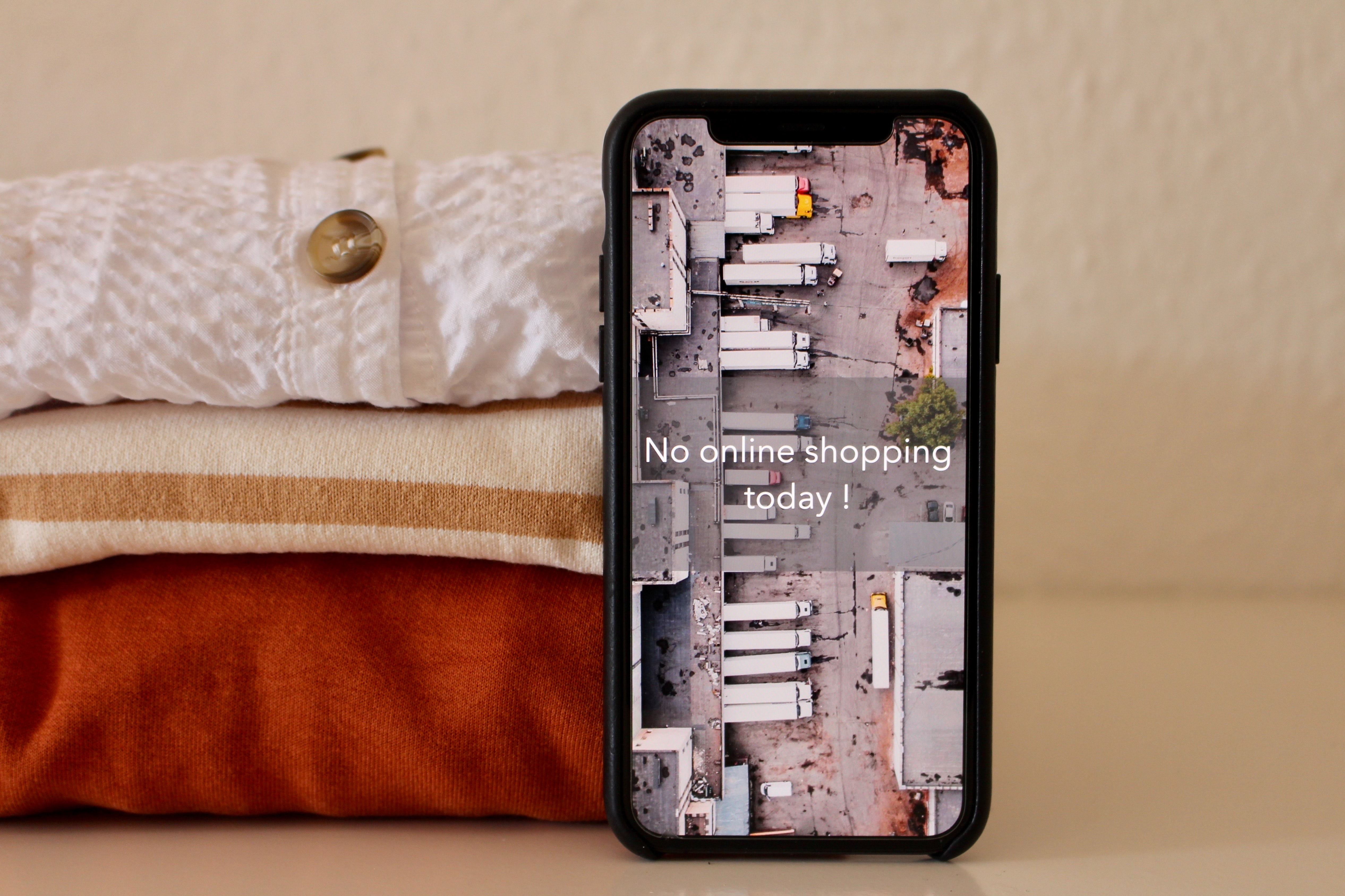Instant gratification is saying yes to mindless consumption. It’s succumbing to the daily attacks of brand messages and allowing yourself to be manipulated to spend. Delayed gratification is the exact opposite. It’s about being committed to your goals, living in alignment with your values, and imagining all the benefits that come with waiting and prioritizing to build the future version of you. It will take time, but you can train yourself to embrace delayed gratification. It all comes down to giving your wealth goals a louder and more commanding voice. When your wealth goals are in control, you are saving, investing, and spending with intention. And intention is the difference between working toward meaningful goals as opposed to owning a lot of stuff.
But having goals isn’t enough. Life is busy and it’s all too easy to fall into familiar habits and behaviors. Therefore, we need simple strategies to fall back on in times of weakness. Here are some useful strategies to create needed space between the impulse to consume and actually making a purchase.
Bring future goals to the present.
While saving for retirement is an important goal, it’s too far away. The only way we’ll embrace saving and budgeting is if we can get some points on the board today. We need to see progress. We need savings goals and targets that are within reach. We need to shorten the distance. Building wealth is like training for a marathon—start small, celebrate the early wins, and slowly increase the distance.
Create space between the impulse and action.
Doing some impulsive online shopping? Before checking out, try stepping away for at least five minutes. Create some distance between the impulse to consume and completing the purchase. Doing so will allow time and space for you to think about the fact that you’re letting go of your hard-earned dollars and making somebody else rich. Everyone’s getting paid, except you. Remind yourself of this. You may still make the purchase, but there will at least be some thought and intention behind the action.
Alter your environment.
If you struggle with overconsumption in times of stress and anxiety, remove the ability to consume.
Did you just get paid? Great! Now, pay yourself first. Move a set amount to a savings account after each paycheck. Because when it’s out of your checking account, you are less prone to spend it.
Feeling anxious and looking to calm your nerves through some online shopping? Try taking your nervous energy to the gym. A two-mile run or a yoga class will help clear your mind, and by the time you’re done, the impulse to consume will be long gone.
Succumbing to another promotional email? Unsubscribe from the mailing list. Can’t resist online sales and promotions? Just say no to buying new stuff for a month.
Can’t resist stopping at the mall after a difficult day at the office? Change your route home. Eliminate temptation.
Know your values.
What do you want at a deep level? Do you even know? If not, work on defining your values and goals. The next time you find yourself ready to consume, ask yourself: “Does this purchase align with my values or get me closer to my goals?” Once you have the answer, you’ll know if it’s right to move forward. Visualize the best version of yourself. What does your best life look like, and how does the purchase fit into it? Do you consider yourself to be “bad” with money? Well, embrace the identity of someone who is good with money, and if you’re faced with a money decision, ask yourself, what would someone who is good with money do? If you are a visual person, try putting together a vision board and place it in an area where you will see it every day.
Do whatever you can to have daily reminders of your goals, values, and true wants.
As the name suggests, instant gratification is instant. Here one minute, gone the next. But delayed gratification can pay dividends forever. But it’s up to YOU to create the space.
Ryan Sterling is a Wealth Coach and Founder of Future You Wealth. He has been featured in Business Insider, HuffPost, and CNN Money and is the soon to be published author of “You’re Making Other People Rich – Save, Invest, and Spend with Intention.” Ryan has an MBA and is a CFA ® Charterholder.


